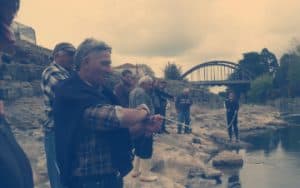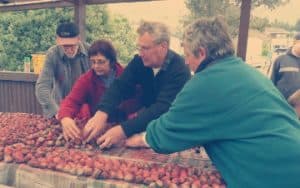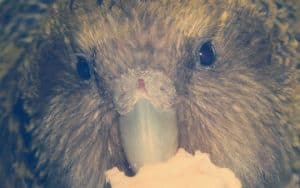Cultural Taiao (environmental) Training Course For 2021
Whākana ki o manuhiri i to Kāinga
Mana is upheld through fulfilling roles and responsibilities
Course Overview
Te Arahanga is a culturally based tāiao (environmental) management company. We consider that, to be successful in our role, we must remain true to our principals of kāitiakitanga and maintain the mauri of our tūpuna.
This course is centered around growing whānau, hapū and Iwi ability to bring all their existing skills and enhance them with modern tāiao management practices. All information shared with Te Arahanga will be the property of whānau, hapū and iwi and no copies will be retained by Te Arahanga.
Course Principals
For the purpose of this course, Kāitiakitanga is defined as looking after the natural environment for our moko and their moko to come. Te Arahanga believes that the obligation of Kāitiakitanga is handed down from Tūpuna and reflects an intergenerational responsibility.
Te Arahanga defines mauri as the essence of life. In a tāiao context we look upon the awa (river), whenua and moana as our tūpuna. We also believe that mauri, while existing in different forms, is at the center of whānau, hapū and iwi wellbeing. These and other key cultural concepts will be key to your project.
We would encourage all tauira to identify the kaumātua, kuia and tohunga to assist you to develop your pūrākau and tāwhito kōrero for your project area.
The Course Goals:
To enhance haukāinga scope of Kaitiakitanga
- Enhance our tāiao through extending our kaitiaki knowledge
- Learn new tools to enhance your ability as kaitiaki
- Capturing what is currently on the whenua & measure the social, environmental, cultural and economic impacts on iwi
- Ensure the safety of any cultural discoveries that emerge in the process of excavation, that any alterations to the whenua are consistent with Māori values and cause no permanent damage to the tāiao, and to ensure the cultural safety of everyone on site
- Build pathways for whānau, hapū and Iwi to engage with Councils
- Training and building a path of understanding the natural environment
- Upskilling your kāitiakitanga to include the Law and western science component in a modern form of kaitiakitanga
- Practical environmental assessment tools (from both a cultural and western science perspective)
- Identify who the natural partners are for the project
- Ability to present back to their Iwi an identified project with a comprehensive project plan that matches the outcomes set by whānau, hapū and Iwi
- Project plans become the property of the whānau, hapū and Iwi when they are completed
- Insight and help to build the bridge between what you need to achieve and the aspiration of Māori in your area.
Toitū te Marae o Tāne,
Toitū te Marae o Tangaroa,
Toitū te Iwi.
If the domain of Tane survives to give sustenance,
And the domain of Tangaroa likewise remains,
So too will the people
The Project
We will ask you to identify:
- The project you want to work through
- The location and goal of your project
- The whakapapa, pūrākau and tawhito kōrero for the rohe (area)
- What is known about the tikanga and kawa of this area, identifying Atua who have providence over the area of your project (may be different for each iwi)
- Who are the whānau, hapū and iwi most associated with the rohe?
- Who are your potential partners and funders for your project?
- Establish an outline of everything that needs to be done for your project to be successful
Practical Skills Taught on this Course
We will ask you to identify:
- Using Google Earth to record your project and its stages of development
- Help establish the practical steps and milestones for a project
- Identify skills needed to be successful (water testing, fish relocation, establishing a planting list, stock surveys)
- Working with partners (councils, archaeologists, universities, mainstream organizations, other iwi groups)
- Health and safety
- Related legislation and working within Lore and Law
- How to do a document review that is relevant to your project
hātepe
The Process
We will ask you to identify:
- Using Google Earth to record your Email an expression of interest with your project to geoff.mullen@outlook.co.nz (Zoom conferencing is also avaliable)roject and its stages of development
- Discuss with your whanau, hapū, iwi and community group your project
- Set the goal for your project
- Working with partners (councils, archaeologists, universities, mainstream organisations, other iwi groups)Identify the objectives for your project (Objectives are defined a things you want to achieve)
- Formalise your enrolment by fulling out the enrolment form by Monday 13th of January 2020
Start Looking After The Natural Environment Today
Enhance your modern tāiao management practices


